As a parent, few things are more nerve-wracking than watching your baby try new foods for the first time. Will they like it? Will they have a reaction? If you're feeling anxious about introducing potential allergens to your little one, you're not alone. Food allergies in babies are on the rise, making early allergen introduction more important than ever, but also more intimidating for parents.
Here's what might surprise you: research now shows that introducing common food allergens like peanut, egg, and milk early, and keeping them in regular rotation can actually help prevent food allergy development. This represents a complete shift from what many of our parents were told. In fact, early allergen introduction is now recommended by pediatricians for most infants, even those with mild to moderate eczema.
With around 1 in 13 children in the U.S. affected by at least one food allergy, understanding how to safely introduce allergens isn't just helpful, it's essential for reducing your baby's allergy risk and supporting their long-term health
Understanding Food Allergies in Infants
What Are Food Allergies?
Think of food allergies as your immune system being overly protective. When the immune system mistakenly identifies certain proteins in food as harmful invaders, it launches an immune response to "defend" the body. This response can range from mild symptoms like a few hives to severe reactions like anaphylaxis.
The most common symptoms parents notice include hives, eczema flare-ups, vomiting, diarrhea, and respiratory issues like wheezing or congestion. While this can sound overwhelming, remember that most reactions are mild and manageable when you know what to watch for.
Allergy Prevalence and Risk Factors
If it feels like more children have food allergies now than when we were kids, you're right. The prevalence of food allergies in children has increased significantly over the past few decades. While researchers are still piecing together exactly why, several factors likely contribute to this rise, including genetic predisposition, environmental influences, and changes in how we introduce foods to our babies.
Your little one may be at higher risk if there's a family history of allergies, asthma, or eczema. But here's important news: even babies with these risk factors can often prevent food allergies through early, careful introduction of allergenic foods.
Early Introduction of Allergenic Foods
How Allergy Prevention Has Changed
If your parents or even your pediatrician once told you to avoid giving your baby peanuts, eggs, or fish until after their first birthday, they weren't wrong. That was the best advice available at the time. Medical recommendations have changed as we've learned more about how allergies develop.
The research came from studies like the LEAP trial, which found that early introduction of peanuts actually reduced peanut allergies by up to 80% in high-risk infants. This discovery has revolutionized how we approach allergy prevention, and current guidelines now encourage early introduction between 4 to 6 months of age.
Guidelines for Introducing Allergenic Foods
Start Early: The sweet spot for introducing allergenic foods like peanuts and eggs is around 4 to 6 months of age, once your baby shows signs of readiness for solids (sitting up with support, showing interest in food, loss of tongue-thrust reflex).
One at a Time: This is crucial for your peace of mind and your baby's safety. Introduce one new allergenic food every 3-5 days. This way, if a reaction occurs, you'll know exactly which food caused it. Keep a simple food diary: it can be as basic as notes on your phone.
Small Quantities: Start small and think gradually. For peanuts, this might mean a tiny amount of smooth peanut butter thinned with breast milk or formula. For eggs, try a small spoonful of well-cooked scrambled egg. If your baby tolerates it well after a few tries, you can gradually increase the amount.
Consistency: Here's where many parents struggle: once you've successfully introduced an allergenic food, try to offer it 2-3 times per week. Consistency helps maintain tolerance. This doesn't mean force-feeding; if your baby refuses a food one day, try again another time.
Managing Eczema to Reduce Allergy Risk
If your baby has eczema, you might worry that introducing allergens is too risky, however, the opposite may be true. Eczema creates breaks in the skin barrier, potentially allowing allergens to enter through the skin rather than through proper oral introduction. This is why managing eczema is so important for allergy prevention.
Keep your baby's skin well-moisturized with fragrance-free lotions or creams, and work with your pediatrician or dermatologist to manage any flare-ups. Well-controlled eczema doesn't prevent safe allergen introduction. In fact, babies with mild to moderate eczema are still good candidates for early allergen introduction.
Recognizing and Responding to Allergic Reactions
Common Symptoms
As a parent, knowing what to watch for can help you feel more confident during food introduction. Most allergic reactions happen within minutes to two hours after eating. Here's what to look for:
Skin reactions: Hives (raised, red, itchy bumps), redness around the mouth, swelling of lips or face, or new eczema flare-ups in babies who don't typically have eczema.
Gastrointestinal symptoms: Vomiting (different from normal spit-up), diarrhea, or signs of abdominal pain like excessive crying or pulling legs to chest.
Respiratory symptoms: New onset of sneezing, coughing, wheezing, or nasal congestion that seems related to eating.
Severe reactions: Anaphylaxis is rare but serious. Warning signs include difficulty breathing, swelling of the face or throat, rapid pulse, dizziness, or loss of consciousness.
Immediate Actions
For mild reactions: Stay calm (easier said than done, we know), discontinue the suspected food, and call your pediatrician. Take photos of any skin reactions, as they can be helpful for your doctor to see later.
For severe reactions: If you have an epinephrine auto-injector, use it immediately and call 911. Don't wait to see if symptoms improve. Also, trust your instincts and seek emergency care if you feel something is wrong.
Diagnostic Approaches
If you suspect your baby has had an allergic reaction, your pediatrician may recommend several approaches to get answers:
Skin prick tests: These involve introducing tiny amounts of allergens into the skin to observe reactions. Please note that while they can be helpful, they're not always definitive in babies.
Blood tests: These measure specific IgE antibodies related to food allergens. Results need to be interpreted carefully by your doctor, as positive tests don't always mean clinical allergy.
Elimination diets: This involves removing suspected allergens from your baby's diet (and yours if breastfeeding) and then gradually reintroducing them under medical supervision to identify triggers.
Remember, diagnosing food allergies in babies can be complex, and you'll want an experienced pediatric allergist to guide you through the process.
Preventive Strategies
Breastfeeding
If you're able to breastfeed, exclusive breastfeeding for the first 4 to 6 months may offer some protective benefits against food allergy development. However, don't stress if breastfeeding isn't possible. Formula-fed babies can also successfully prevent allergies through early introduction.
Vitamin D Exposure
Emerging research suggests that adequate vitamin D levels may play a role in reducing food allergy risk. This means safe sun exposure and ensuring your baby gets appropriate vitamin D supplementation as recommended by your pediatrician.
Regular Monitoring
Navigating your baby's feeding journey doesn't have to feel overwhelming when you have the right support and tools. When it comes to introducing solids and potential allergens, products designed with safety in mind can make all the difference. The Fruuti Fruit Feeder is created specifically with this journey in mind, helping parents safely introduce new tastes and textures while minimizing choking risks that often accompany early solid feeding.
Most importantly, maintain regular pediatric check-ups. Your pediatrician is your partner in this journey and can provide personalized guidance based on your baby's individual risk factors and development.
Moving Forward with Confidence
Preventing and managing food allergies in infants requires a proactive but measured approach. Early introduction of allergenic foods, proper eczema management when needed, and vigilant but not anxious monitoring are your best tools. Remember, you don't have to navigate this alone, as your pediatrician and, if needed, a pediatric allergist can provide guidance tailored specifically to your baby's needs.
Every baby is different, and what works for one family may not work for another. Trust your instincts, follow expert guidance, and remember that most babies will successfully try new foods eventually. You've got this.
The information provided in this article is for educational and informational purposes only and is not intended as medical advice, diagnosis, or treatment. Always consult with your pediatrician, family doctor, or qualified healthcare professional before making any decisions about your baby's diet, health, or medical care.
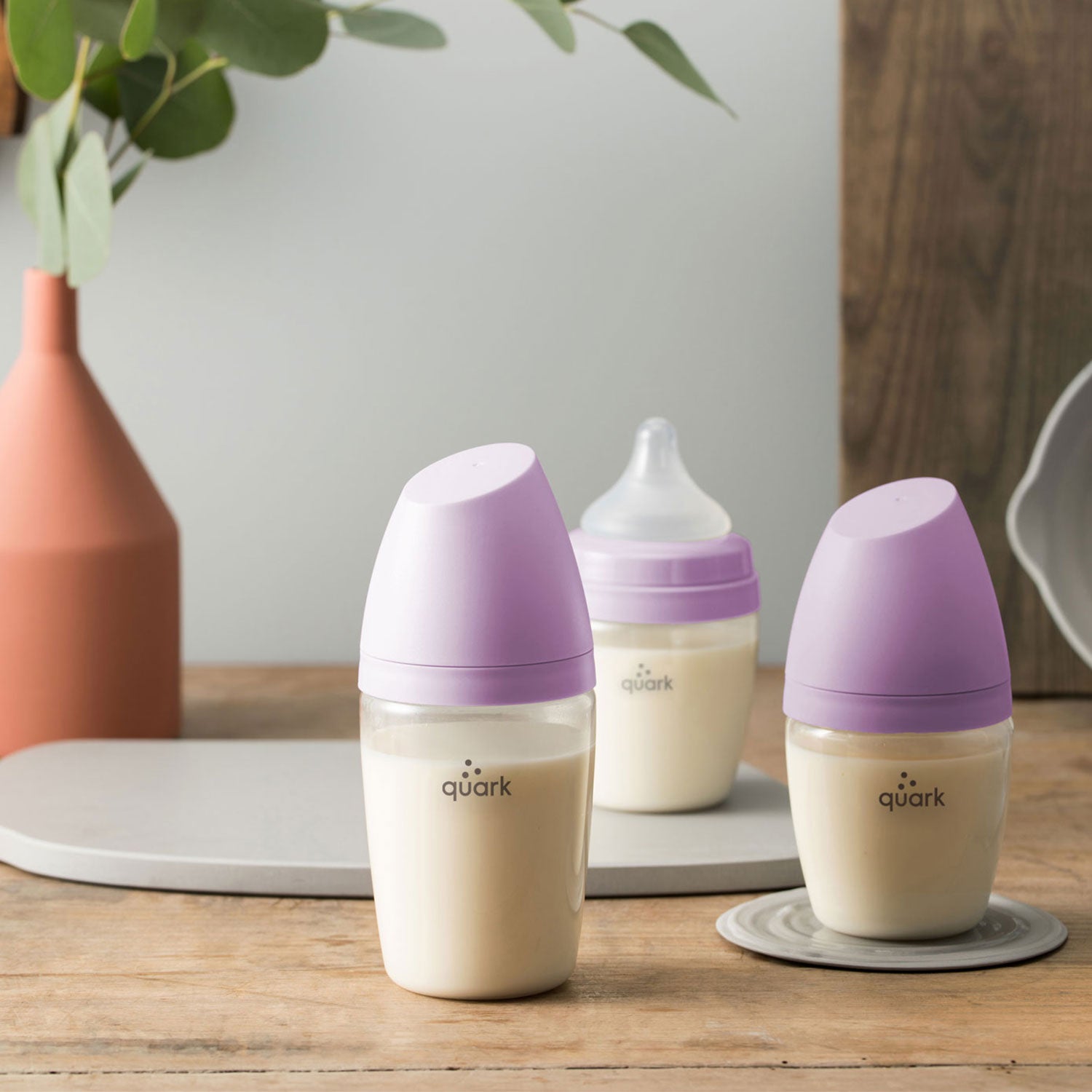




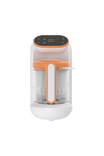
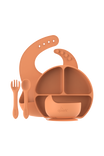
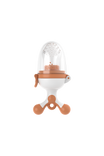
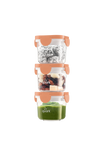
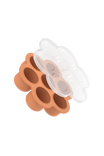
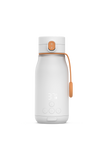
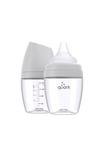
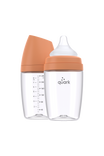
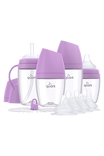
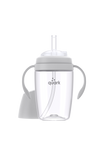
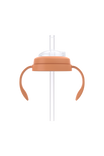
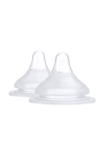
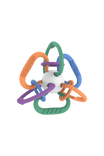
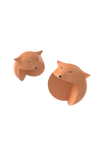

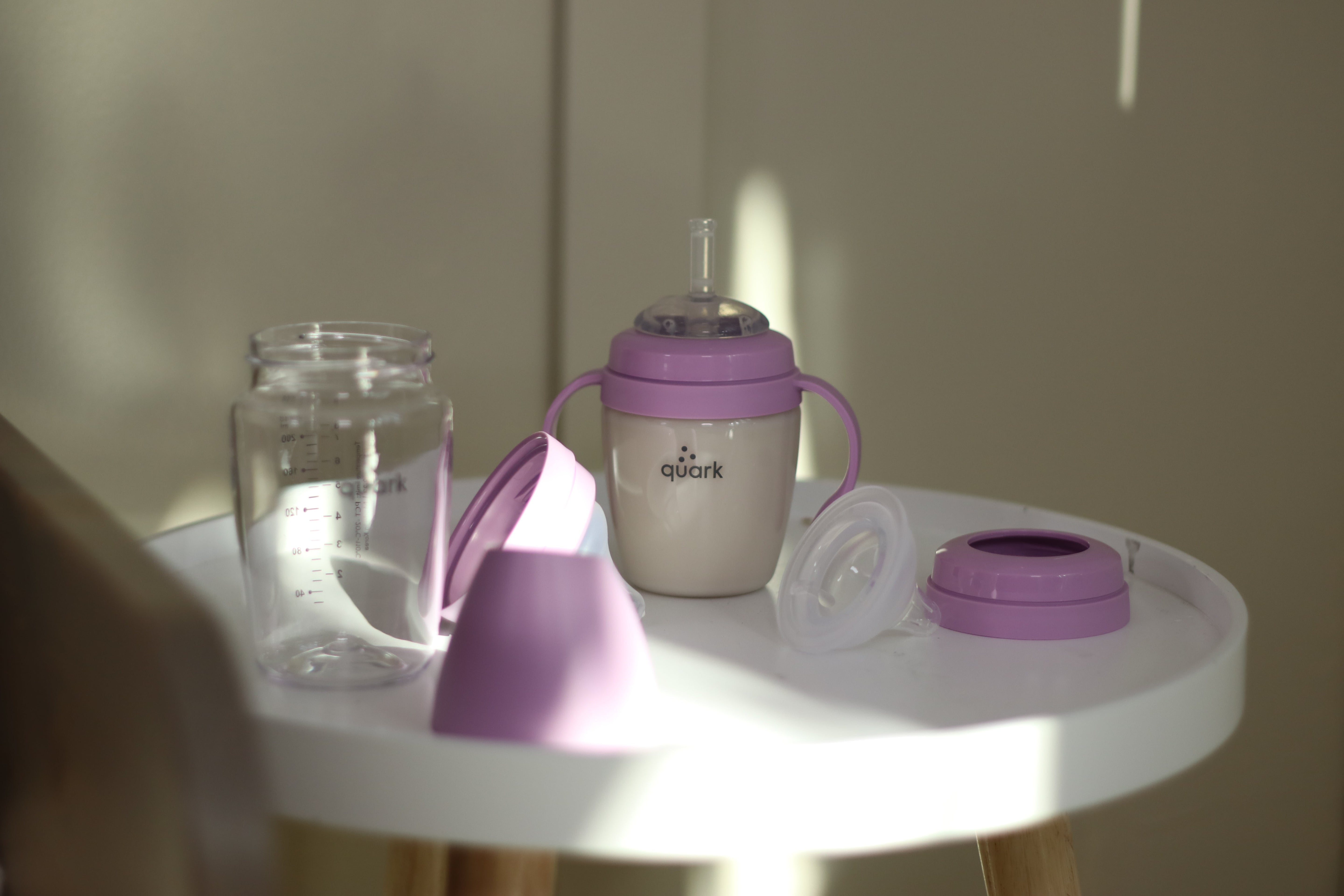
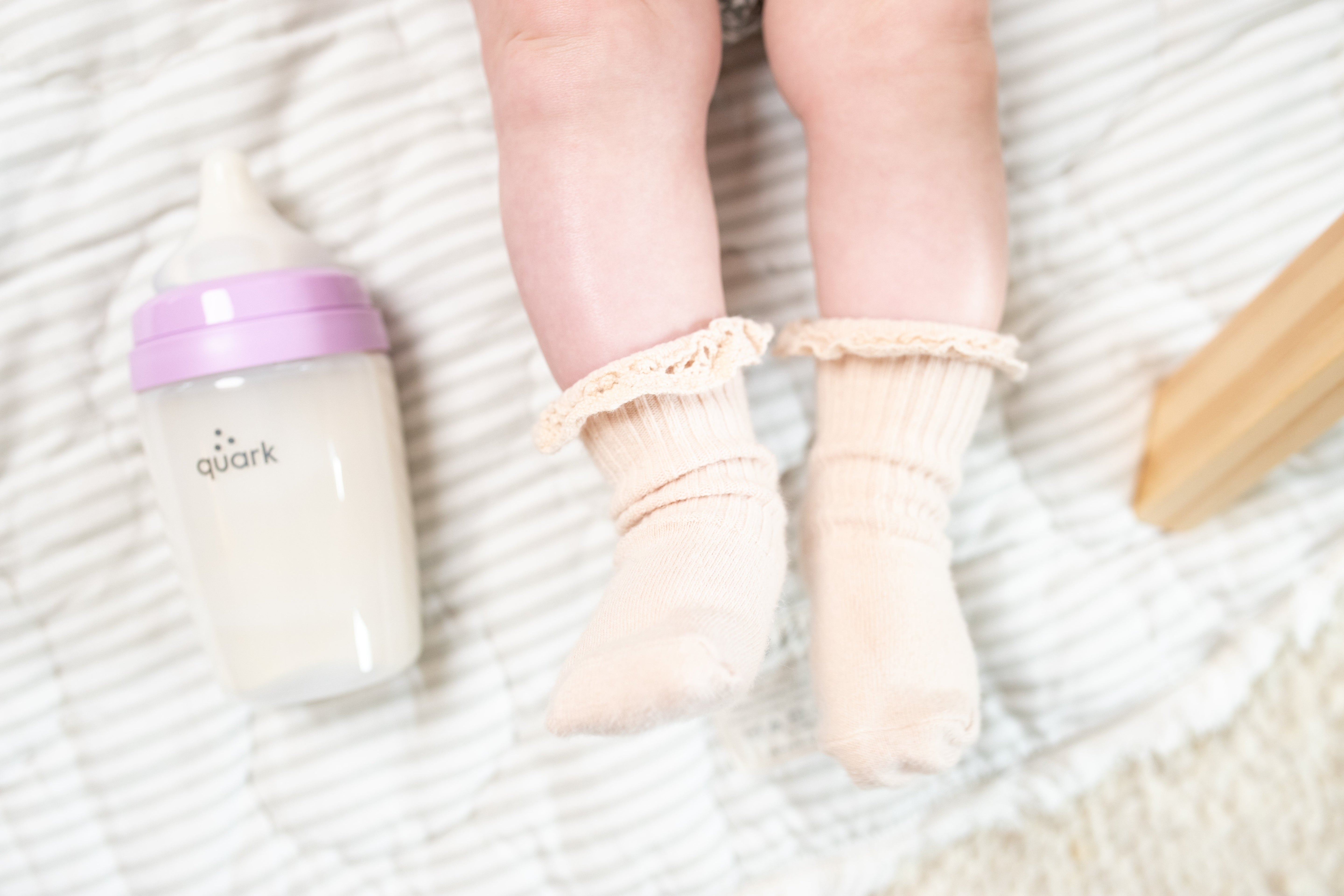
Laisser un commentaire
Tous les commentaires sont modérés avant d'être publiés.
Ce site est protégé par hCaptcha, et la Politique de confidentialité et les Conditions de service de hCaptcha s’appliquent.